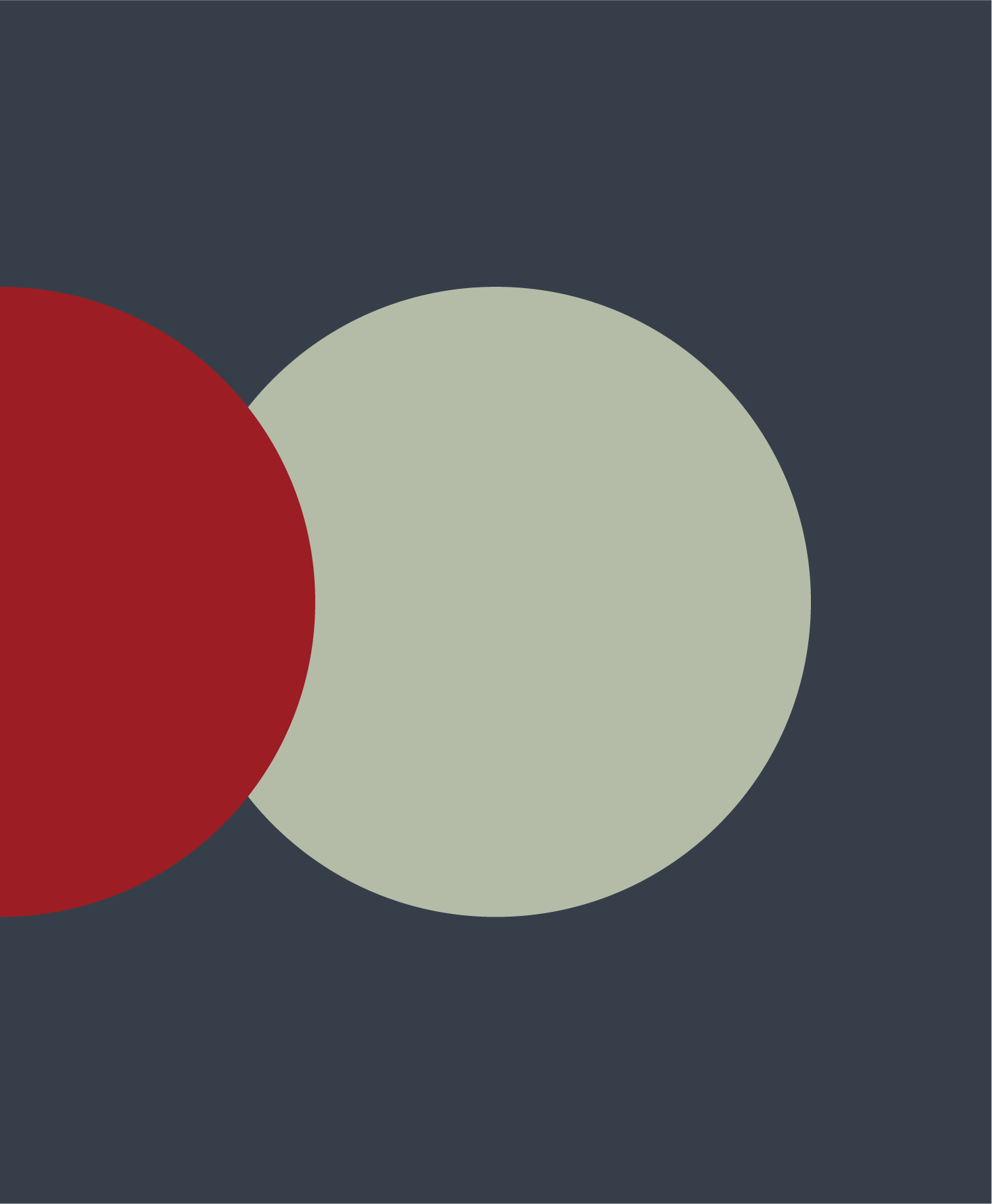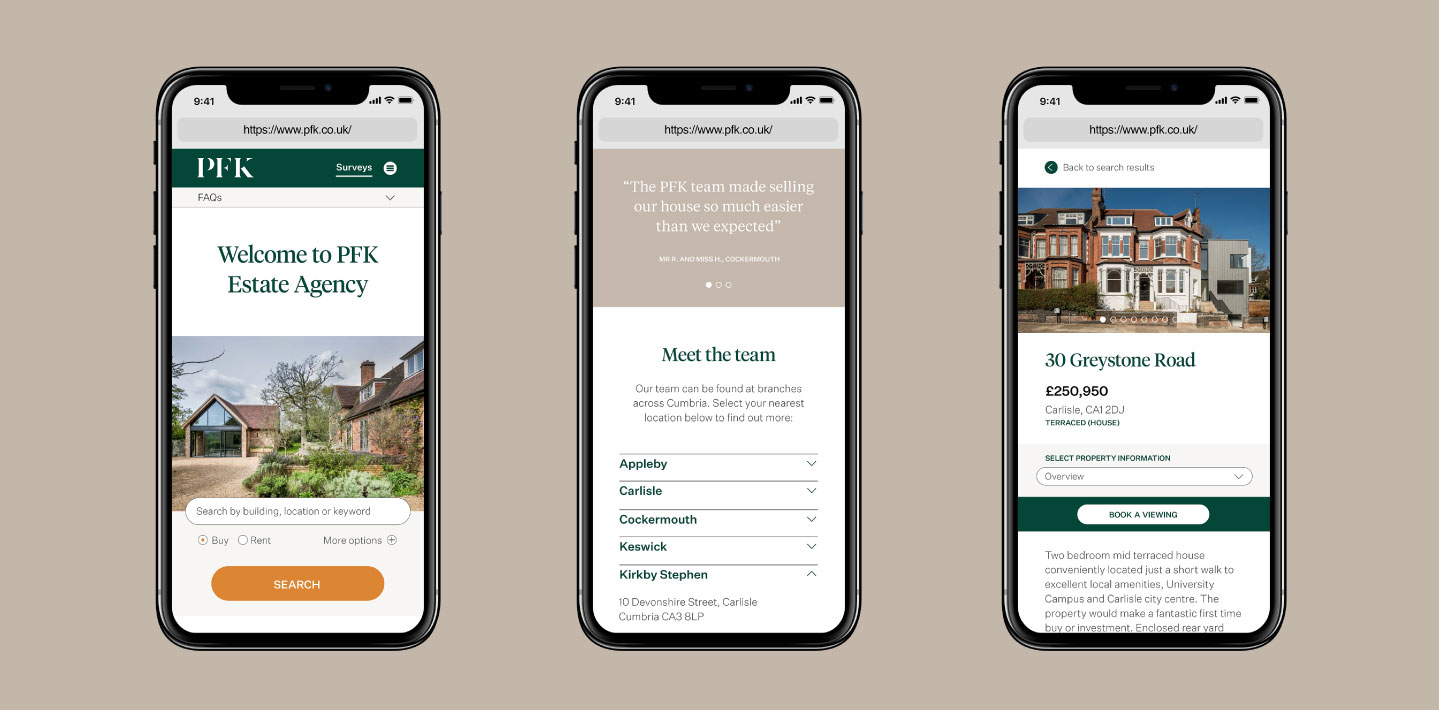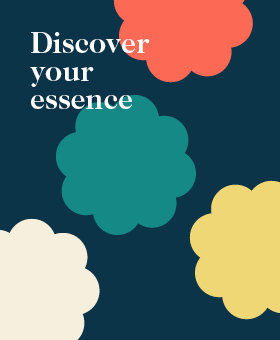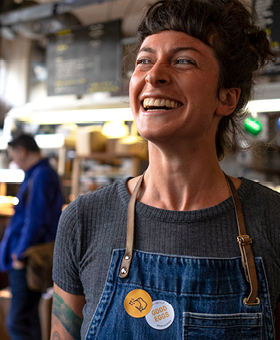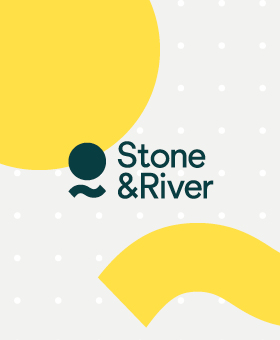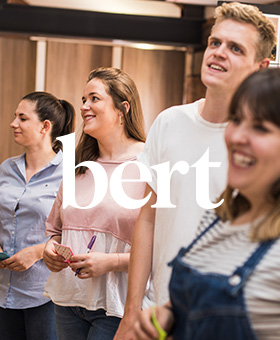Creativity With a Deadline
Up against it!
Understanding the value of deadlines in the creative enterprise
It’s official: creative industries are the fastest growing sector of the UK economy. In many ways it’s never been a better time for the industry; creatives of all kinds play a huge part in our culture and that’s something which is rightly celebrated.
Even better, we have the opportunity to make a real difference in the world, using imagination to make connections, solve problems and bring insights to life.
So far so wonderful. However, into this rosy picture, reality has a habit of intruding …in the form of the deadline.
Because creativity as a job is just like any other in many respects: if it’s to work as a business it requires organisation, budgets and, of course, delivering the goods on time.
Yet the deadline is often thought to be the death-knell for creativity. Both are essential ingredients for success, though, so how can we make sure both co-exist in the most successful way possible?
We all know how it feels to have one, or many, looming deadlines. In our industry time pressures can come from many places; a client, a manager, or other team members who need something in order to keep a project on track.
As a dynamic, responsive agency, Bert’s time management is vital in ensuring our work goes out on deadline. To make sure that our creativity never suffers as a result, and to make sure that we use our creative talents to their full potential, I set out to better understand the relationship between deadlines and creativity.
They’re stressful and put us in a bad mood…
Great ideas often take time to form and evolve. Surely this rules out rushing? Having the freedom to think, experiment and learn means that the more time we have, the better our creative solutions will be.
Cognitively, deadlines can negatively impact us. Instead of thinking with insight, we start limiting our cognitive depth and openness to accepting and invention.
Moreover, deadlines often overwhelm us with the anticipation of consequences if not met. While this may focus decision making, it’s not likely to be the best option for a creatively demanding job.
Research shows that the pressure of deadlines often negatively affects mood, with deadline-induced workplace stress increasingly in evidence. When a mood becomes negative, decisions can be made based on the most direct solution. A positive mood however, inspires observant and attentive perspectives, enhancing the ability to interpret thoughts in creative ways.
Practically speaking, deadlines tend not to exist alone. A deadline may be set for one client. And then another client. And then another. As soon as one is ticked off, the next fills the gap. It’s a certain recipe for creative burn out!
Creative exhaustion is inevitable when deadlines pile up. While we don’t lose our creativity, we’re likely to lose motivation to embrace it fully at such a pace.
To put it simply, in the long-term, this approach isn’t sustainable. Creatives are human, after all.
But surely we have deadlines for a good reason
Well yes. Of course we do. Without them it’s unlikely we would achieve anywhere near as much, because without them the creative process may be inclined to meander, head off at a tangent or choose a different approach entirely.
Supporters of deadlines say that they encourage focus. We limit our questioning to the most relevant issues. We stick to decisions we otherwise would have dismissed purely because we had time to do so.
Deadlines can in fact serve as the perfect reason to trust our instincts and be proactive, and they provide a strong incentive to think and plan structurally.
What actions must I take to reach this goal?
How much time will this take me?
Who do I need to work with on this project and what is their capacity like?
And therefore we understand how to prioritise jobs, tasks and activities efficiently to stick within time-frames, individually and as a team.
The simple solution
Big deadlines are daunting. They cause stress, closed-mindedness and reduced motivation. So why not make them less daunting?
If we know our end goal, then it’s entirely possible to break it down into smaller, less stressful, more manageable goals, and benchmark our progress along the way.
Smaller deadline-setting has been shown to be a tremendously beneficial way to tackle projects. It’s just a matter of ensuring that it is implemented effectively. Doing so has the beneficial side-effect of generating feedback along the way, which aids quality control.
Allow time to experiment, trial and think about new ideas. Take a step back. Get another perspective. Discuss and engage with the idea in order to set the next small deadline using the most successful outcome from the first. Not only will this improve the quality of the work, but also reduce the amount of time wasted on ideas that won’t work!
Along with feedback, small deadlines improve management of workload. That overwhelming feeling won’t feel so overwhelming. And sharing the ideas along the way will build confidence that the ideas going forward are the best they can be.
As the saying goes, a problem shared is a problem halved!

